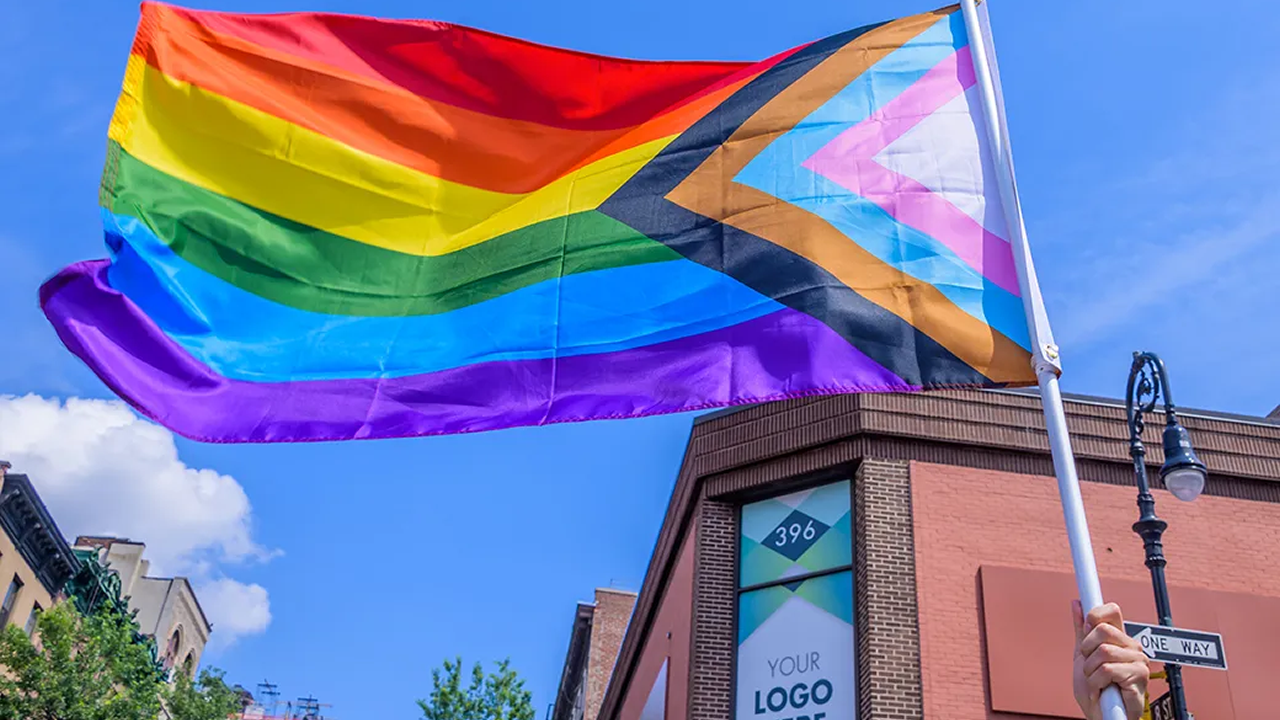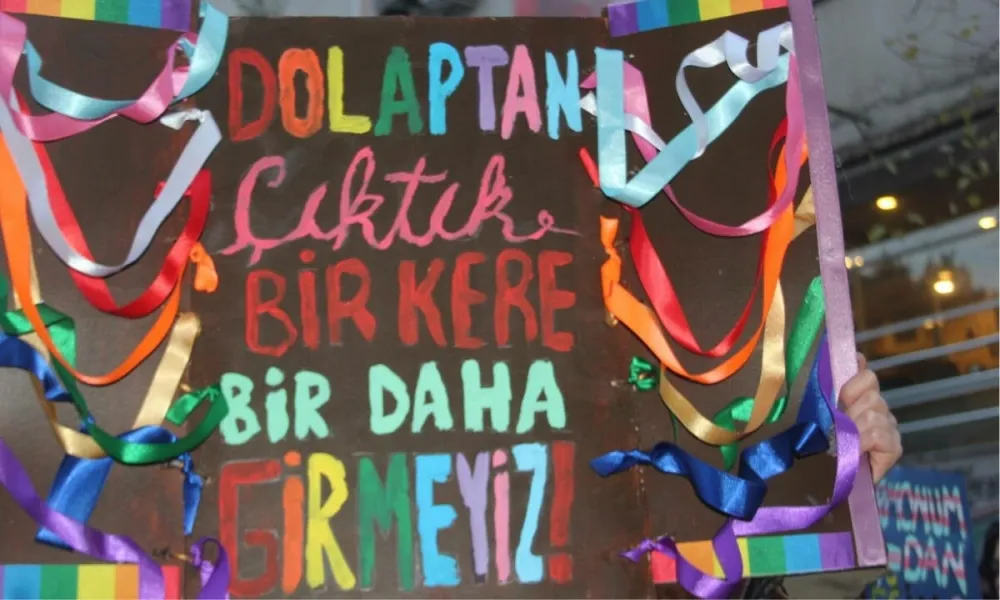Turkey’s government is preparing to table the “11th Justice Package” (11. Yargı Paketi) in Parliament, a sweeping bill that has provoked fierce criticism from legal circles, human-rights organizations, and the country’s LGBTQ+ community. The draft introduces prison terms for what it calls “LGBTQ+ propaganda” and raises the minimum age for gender-affirming surgery from 18 to 25.
According to the text, “anyone who engages in, publicly encourages, praises, or incites attitudes or behaviors contrary to the biological sex assigned at birth and public morality shall be punished with imprisonment from one to three years.” The government frames the package as a bid to “safeguard morality and social order.” Groups such as Kaos GL and the LGBTI+ Association Turkey counter that it amounts to a coordinated assault on freedom of expression and gender identity, warning of a de facto “criminalization of existence” through vague provisions that could be used to prosecute even public support for LGBTQ+ issues. If enacted, the measure would also affect digital platforms that feature LGBTQ+ stories.
What the bill says
Beyond the new speech crimes, an additional clause to Article 225 would stipulate that people of the same sex who enter into an engagement or marriage face imprisonment from one year and six months up to four years. The existing penalty for “public sexual acts or exhibitionism,” currently six months to one year, would rise to one to three years. The government’s justification claims the regulation aims to “raise physically and mentally healthy individuals and generations” and to “protect the family and social structure.”
The draft further tightens access to legal and surgical gender transition. The minimum age for gender-affirming surgery moves from 18 to 25. Applicants must be at least 25 and unmarried, and the medical necessity of gender change for mental-health reasons must be documented by an official health-board report from a designated, fully equipped training and research hospital. That report would be issued only after four separate evaluations spaced at least three months apart. If the designated hospital confirms necessity, a court would order the relevant civil-registry changes. The bill’s rationale argues that while individuals have been “given the opportunity” to change legal sex, this is not an absolute right and must be scientifically justified, invoking the state’s constitutional duty to protect youth, the family, and society.

Political backdrop
Analysts in Ankara see the package as part of President Recep Tayyip Erdoğan’s broader strategy to rally conservative voters ahead of the 2026 municipal elections. After the ruling AKP lost Istanbul and Ankara, the government has increasingly leaned on “values” narratives, presenting itself as guardian of “traditional family structures.”
Legal experts warn the bill’s wording invites arbitrary enforcement. Constitutional law scholar Mehmet Özdemir argues the text could be used to punish any person or organization expressing solidarity with LGBTQ+ people, whether through an event or a simple social-media post. Rights groups also condemn raising the minimum age for gender recognition and surgery, calling it a curb on bodily autonomy and a state intrusion into citizens’ identity.
Reactions at home and abroad
The proposal has drawn international rebukes. Amnesty International urged Ankara to drop provisions that “target a vulnerable social group for political gain.” Members of the European Parliament from the Greens and Socialists called on the European Commission to revisit justice-sector funding for Turkey if the bill passes.
Domestic opposition is divided. The secularist CHP seeks to differentiate itself as more progressive within Turkey’s social constraints, accusing the AKP of fueling “moral panic” to distract from economic woes, yet it also courts nationalist-conservative voters. The İYİ Parti has stayed largely silent, wary of alienating its conservative base. Meanwhile, LGBTQ+ activists in Turkey and the diaspora are organizing rallies and information campaigns under the slogan “Aşk suç değildir, Love is not a crime.”
What’s next
If the 11th Justice Package is approved, observers say it would mark a major rollback on human rights, gender equality, and free expression in Turkey, with likely repercussions for relations with the European Union and the United Nations. A parliamentary committee is expected to take up the draft in the coming weeks. Until then, escalating protests at home and mounting criticism abroad underscore the deepening social rift over identity, freedom, and tolerance.
Source: lifo.gr
